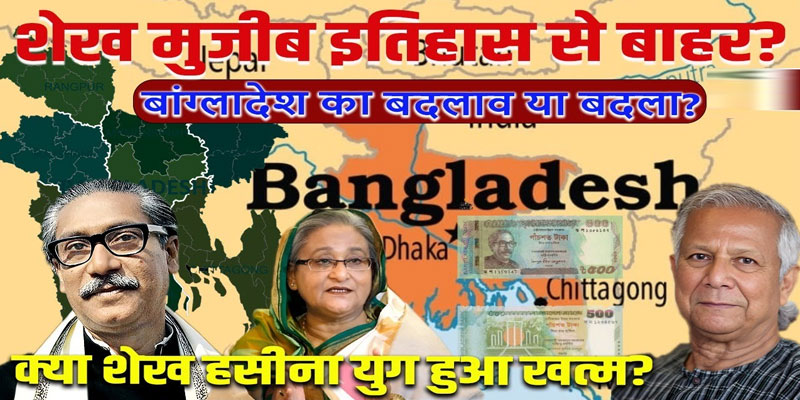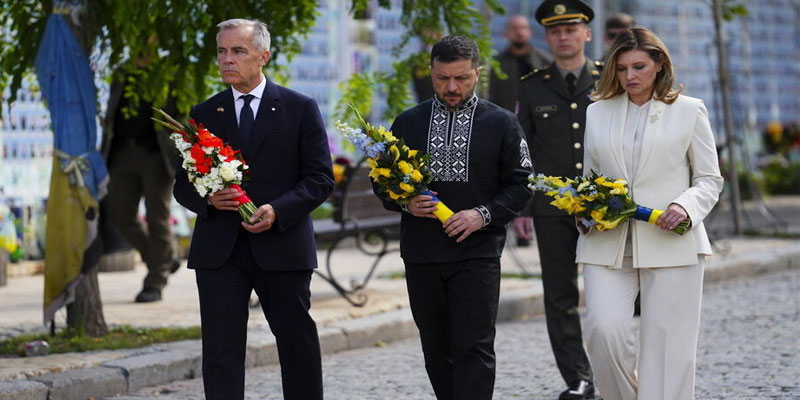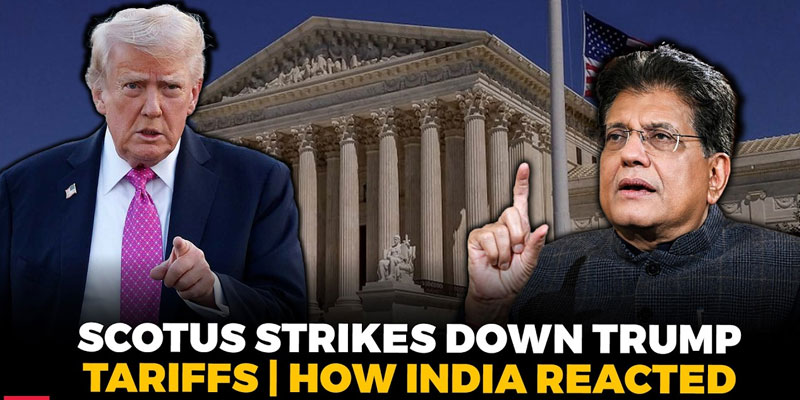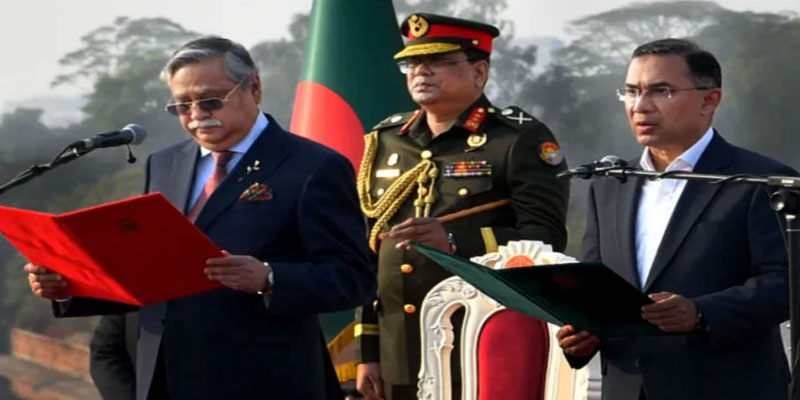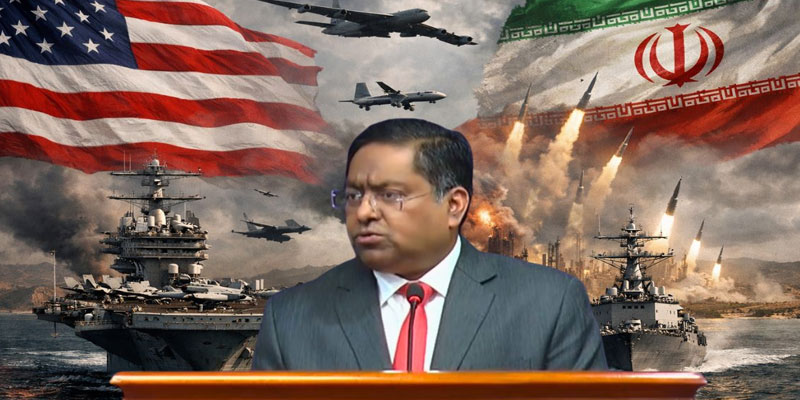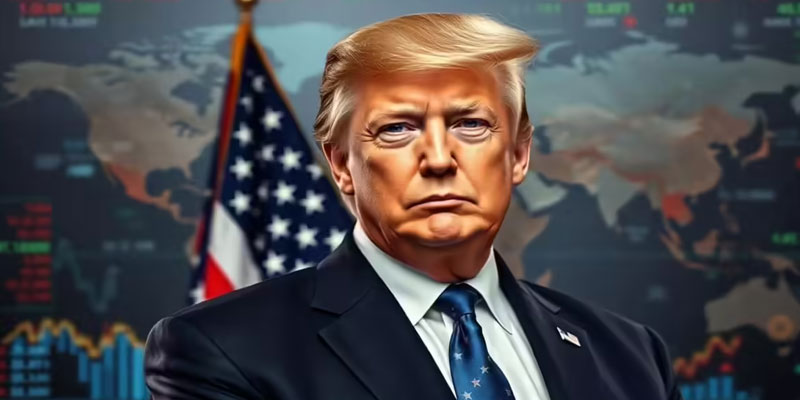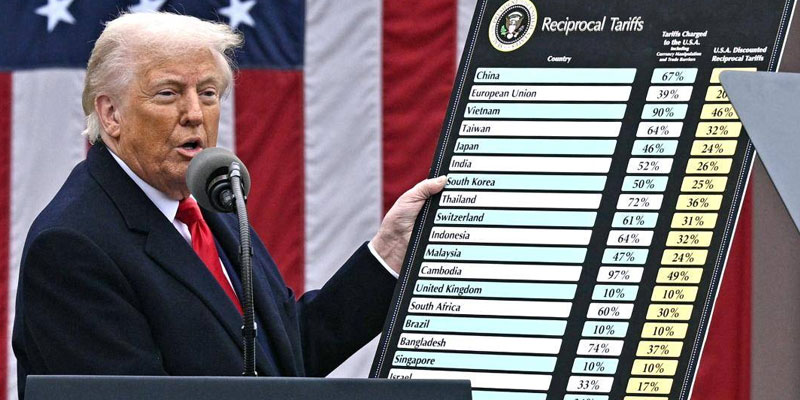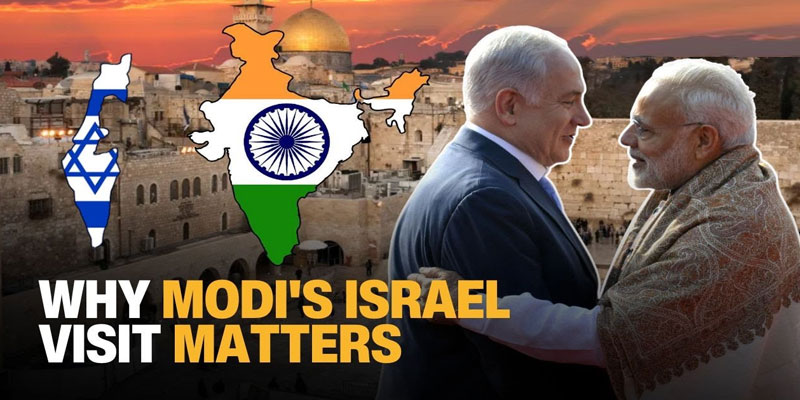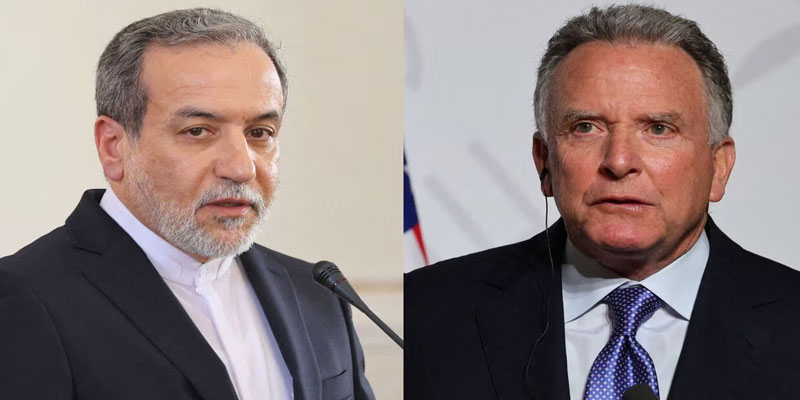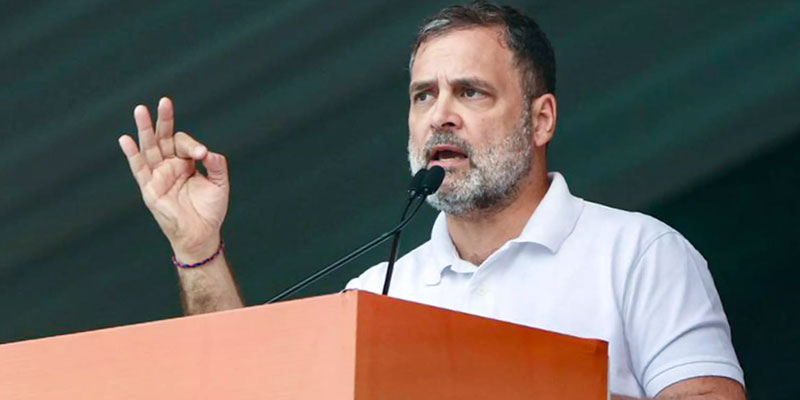Mujibur Rahman’s 'Freedom Fighter' Status Revoked in Latest Ordinance
In a politically charged move, Bangladesh’s interim government, led by Muhammad Yunus, has triggered nationwide controversy by removing the formal designation of “freedom fighter” from the country’s founding leader, Sheikh Mujibur Rahman. The new ordinance, passed by the Ministry of Law’s Legislative and Parliamentary Affairs Division, not only strips Mujib of the revered title but also reclassifies over 400 key figures from the 1971 Liberation War—including acting President Syed Nazrul Islam and Prime Minister Tajuddin Ahmad—as mere “associates” of the war effort.
This unprecedented act follows closely on the heels of another symbolic decision: the removal of Mujibur Rahman’s portrait from newly issued currency notes, raising concerns about a systematic attempt to erase his legacy from Bangladesh’s national identity.
Ordinance Redefines Liberation Heroes
The updated ordinance tightens the definition of Bir Muktijoddha (freedom fighter) to include only those who physically took up arms or served directly in the military campaign against Pakistani forces between March 26 and December 16, 1971. It excludes political leaders, diplomats, and many who played non-combat roles, instead categorizing them as Muktijuddher Shohojogi (associates of the Liberation War).
Women survivors of sexual violence (Biranganas), doctors, and medical staff working in war zones, however, continue to be recognized as freedom fighters under the new framework. But for many observers, the change is less about legal definitions and more about political revisionism.
Currency Change Fuels Historical Revisionism Fears
Only a day before the ordinance was issued, Bangladesh’s central bank unveiled new banknotes that replace Mujibur Rahman’s portrait—previously present on all denominations—with images of natural landmarks. Though authorities stated that the new notes would circulate alongside existing ones, critics say the decision symbolically demotes Mujib from the pedestal of national iconography.
The two moves, occurring in rapid succession, are being widely interpreted as part of a coordinated effort by the Yunus-led interim administration to side-line Mujibur Rahman and, by extension, his daughter Sheikh Hasina’s political legacy.
Political Context: The Rise of an Unelected Regime
The interim government assumed power last year after months of political unrest culminated in the ouster of Prime Minister Sheikh Hasina’s administration. Since then, Muhammad Yunus, a Nobel Laureate turned political figure, has positioned himself as a reformist leader aiming to reset governance and root out systemic corruption.
However, critics argue the government is overstepping its interim mandate. Instead of focusing on restoring democratic order through elections, it appears increasingly invested in rewriting the political history of the country. Detractors see this as an attempt to delegitimize the Awami League and Sheikh Hasina—Mujib’s daughter—by undermining the family’s historical contributions.
Official Pushback and Conflicting Statements
Faced with mounting criticism, Yunus attempted damage control on social media, claiming that reports of Mujib’s freedom fighter status being revoked were “false and misleading.” He cited an advisor to the Ministry of Liberation War Affairs, who clarified that while the Mujibnagar government leaders did not engage directly in combat, they are still considered associate freedom fighters and continue to be honored.
Further, Yunus argued that the ordinance merely restored the 1972 definition of a freedom fighter—allegedly altered in 2018 and 2022 during Sheikh Hasina’s rule to broaden recognition to political leaders and bureaucrats. He emphasized that the new classification does not strip anyone of honor or benefits but restores historical clarity.
However, critics see this justification as thin. Changing legal terminology without a transparent public discourse or consensus, they argue, effectively diminishes the stature of those who architected the liberation struggle.
A Legacy at Risk Amid Political Uncertainty
At its core, the controversy reflects deeper questions about national identity and the role of political memory in Bangladesh’s governance. Sheikh Mujibur Rahman is not merely a political figure—he is etched into the foundation of the modern Bangladeshi state. Erasing or diluting his contributions, whether through legal classification or symbolic omissions, risks creating a dangerous historical vacuum.
Rather than healing divisions or promoting reform, the interim government’s actions appear to be inflaming political tensions and rewriting narratives for short-term advantage. As Bangladesh teeters between military-backed interim governance and democratic restoration, the battle over Mujib’s legacy may well define the direction the country takes next.
In rewriting its past, Bangladesh must tread carefully—lest it lose the very foundations of its freedom.
(With agency inputs)


